[Athletic Training.]
Who are Athletic Trainers and what can they do?
Taken from the National Athletic Trainers’ Association website, “Athletic trainers (ATs) are highly qualified, multi-skilled health care professionals who render service or treatment, under the direction of or in collaboration with a physician, in accordance with their education, training and the state's statutes, rules and regulations.” 1 Athletic training (AT) is considered an allied health profession, and athletic trainers provide a diverse set of services. The domains of athletic training include primary care, injury and illness prevention, wellness promotion and education, emergent care, examination and clinical diagnosis, therapeutic intervention and rehabilitation of injuries and medical conditions.1
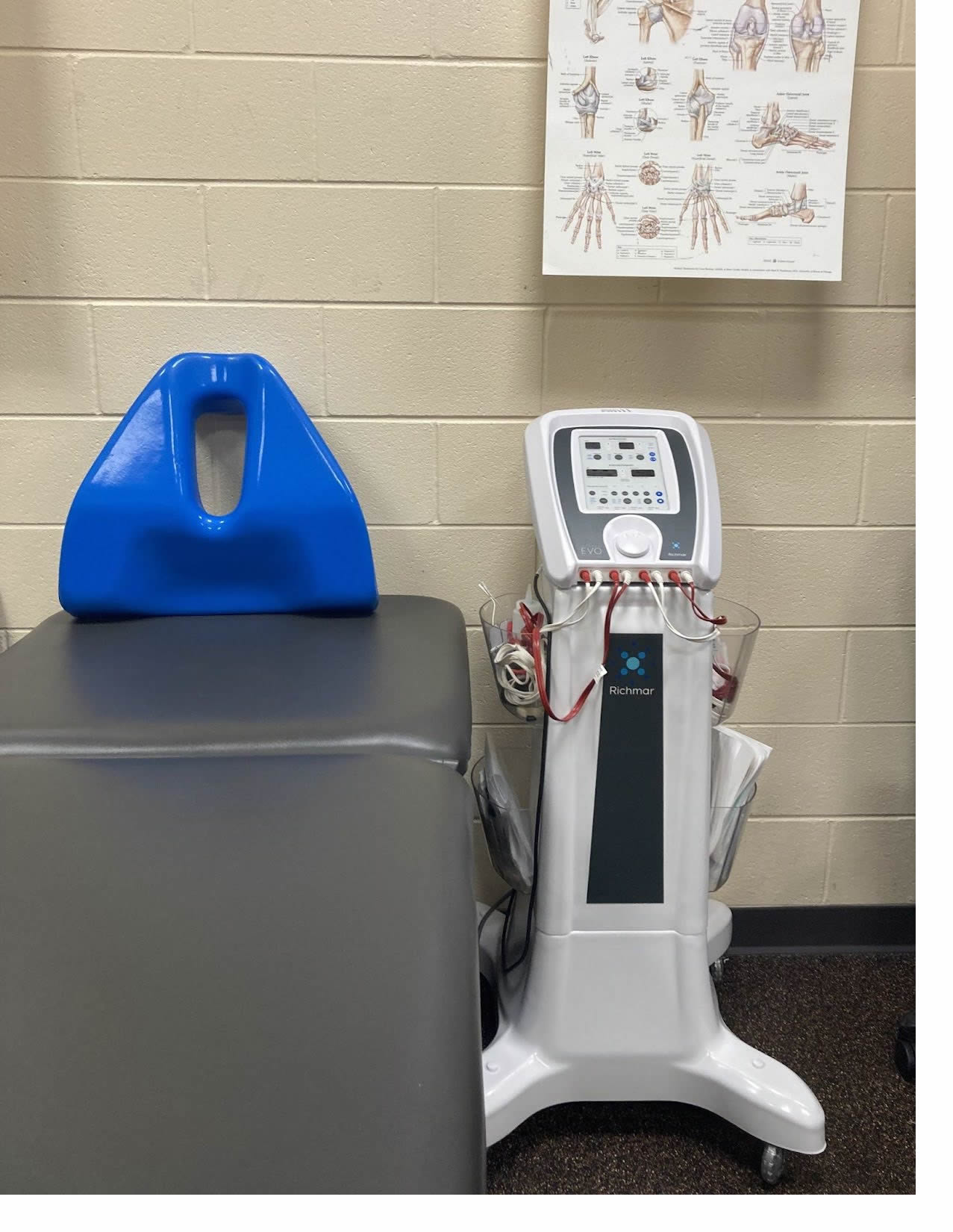 Athletic trainers can be found in a wide variety of settings including, but not limited to high schools, universities, professional sports, performing arts, action sports, hospitals, clinics, industrial setting, sport camps, and physical therapy clinics.1,2 Athletic trainers undergo a rigorous education, and must graduate from a master’s level CAATE-accredited athletic training program. “Using a medical-based education model, athletic training students are educated to provide comprehensive patient care in five domains of clinical practice: risk reduction, wellness and health literacy; assessment, evaluation and diagnosis; critical incident management; therapeutic intervention; and healthcare administration and professional responsibility.” 1
Athletic trainers can be found in a wide variety of settings including, but not limited to high schools, universities, professional sports, performing arts, action sports, hospitals, clinics, industrial setting, sport camps, and physical therapy clinics.1,2 Athletic trainers undergo a rigorous education, and must graduate from a master’s level CAATE-accredited athletic training program. “Using a medical-based education model, athletic training students are educated to provide comprehensive patient care in five domains of clinical practice: risk reduction, wellness and health literacy; assessment, evaluation and diagnosis; critical incident management; therapeutic intervention; and healthcare administration and professional responsibility.” 1
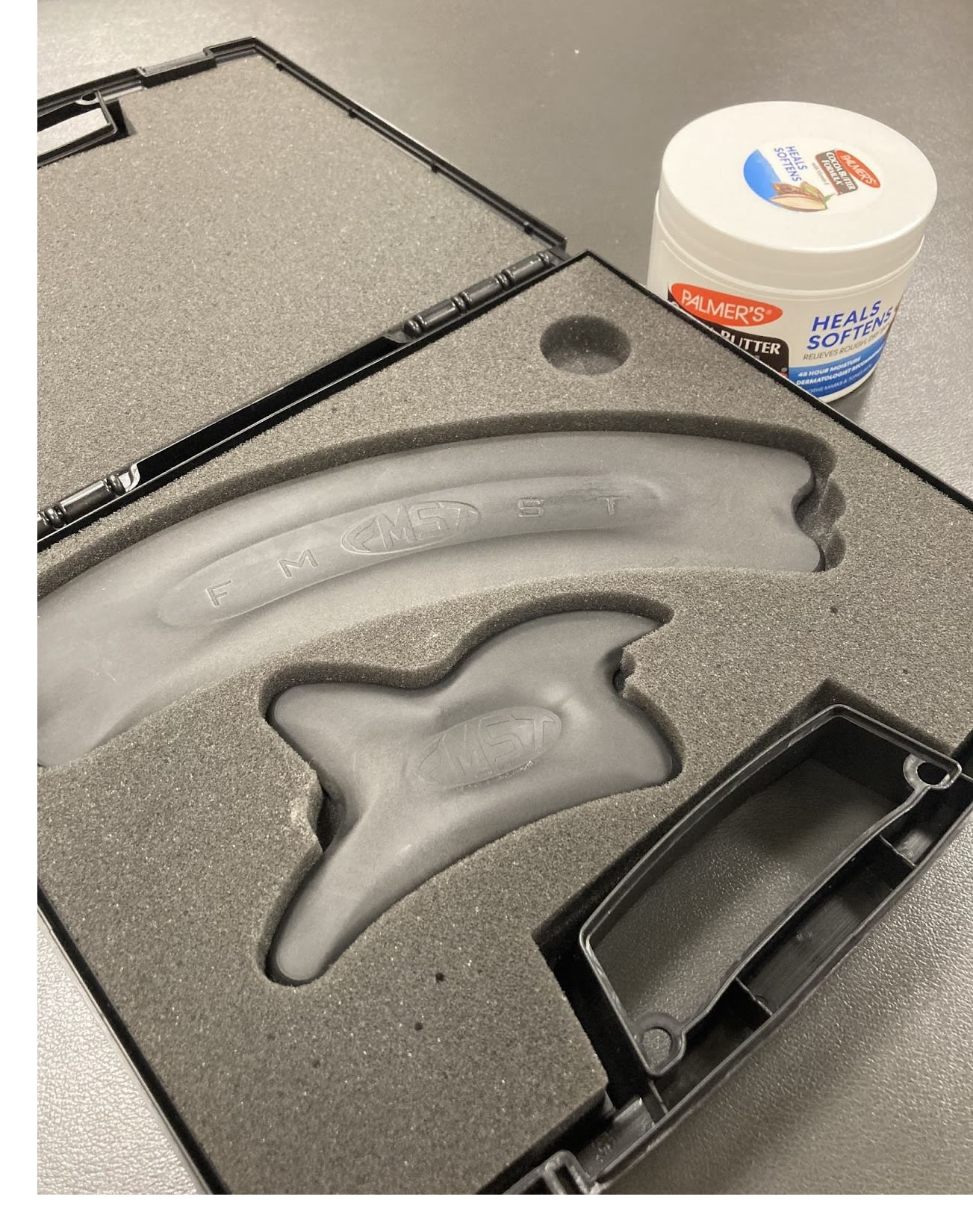 After successful completion of a CAATE-accredited athletic training program, graduates must pass a Board of Certification (BOC) examination. Upon passing the BOC exam, the credential of “Athletic Trainer Certified” (ATC) will be awarded. Though obtaining the BOC credential of athletic trainer allows someone to practice as a certified athletic trainer, some states require an athletic training license to be able to practice athletic training in designated states. Each state follows different guidelines when it comes to licensure. Certification and licensure requirements help ensure accountability and consistency within the AT profession, and help gain credibility in the Healthcare field.1
After successful completion of a CAATE-accredited athletic training program, graduates must pass a Board of Certification (BOC) examination. Upon passing the BOC exam, the credential of “Athletic Trainer Certified” (ATC) will be awarded. Though obtaining the BOC credential of athletic trainer allows someone to practice as a certified athletic trainer, some states require an athletic training license to be able to practice athletic training in designated states. Each state follows different guidelines when it comes to licensure. Certification and licensure requirements help ensure accountability and consistency within the AT profession, and help gain credibility in the Healthcare field.1
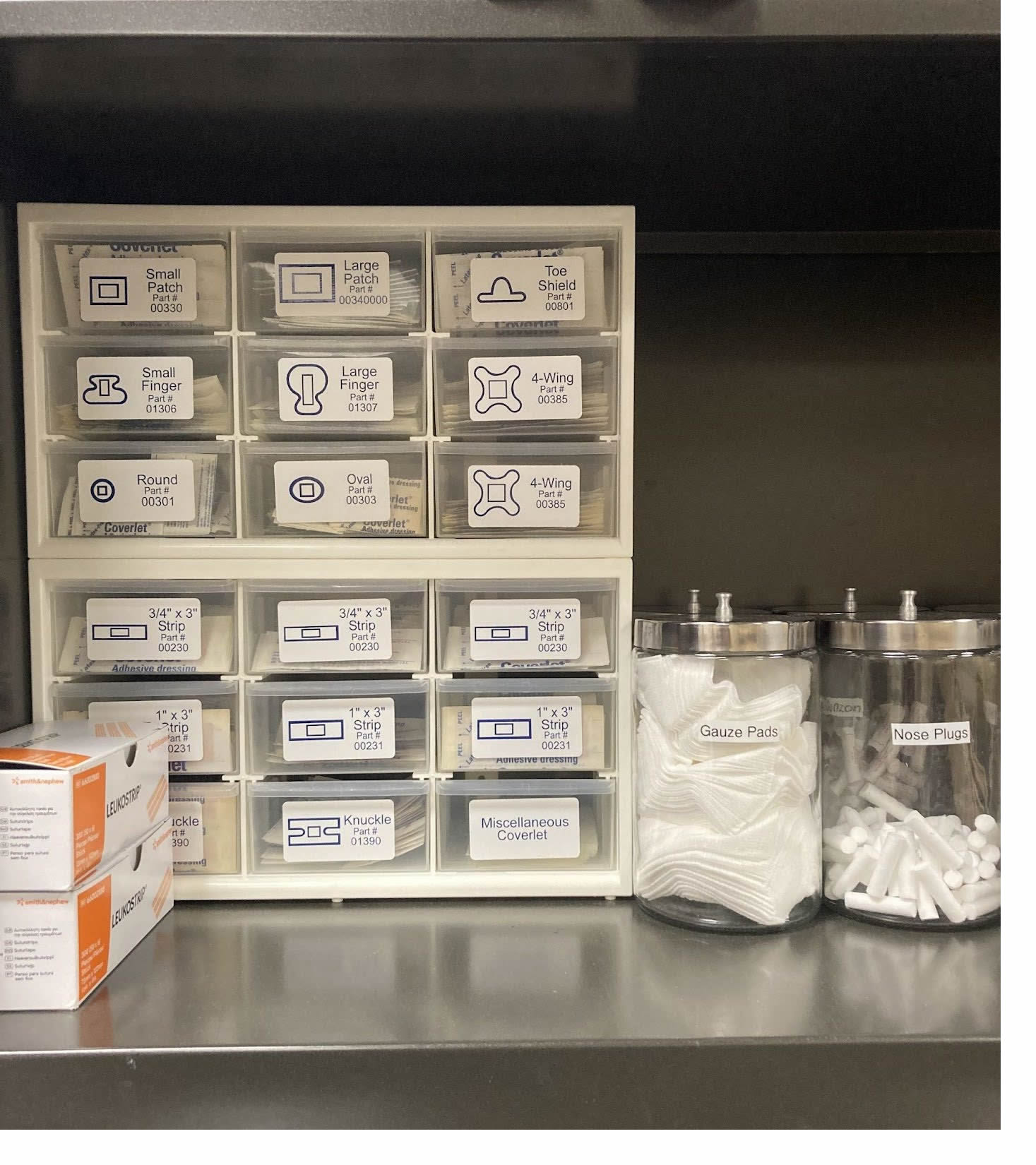 Once certified and licensed in the state where they are practicing as an athletic trainer, more requirements must be met in order to maintain the credentials. The Board of Certification outlines a certain number of continuing education units (CEUs) that must be obtained within a certain timeframe, in addition to maintaining emergency cardiac care certification, submitting the BOC certification maintenance fee and adhering to the BOC Standards of Professional Practice.1
Once certified and licensed in the state where they are practicing as an athletic trainer, more requirements must be met in order to maintain the credentials. The Board of Certification outlines a certain number of continuing education units (CEUs) that must be obtained within a certain timeframe, in addition to maintaining emergency cardiac care certification, submitting the BOC certification maintenance fee and adhering to the BOC Standards of Professional Practice.1
T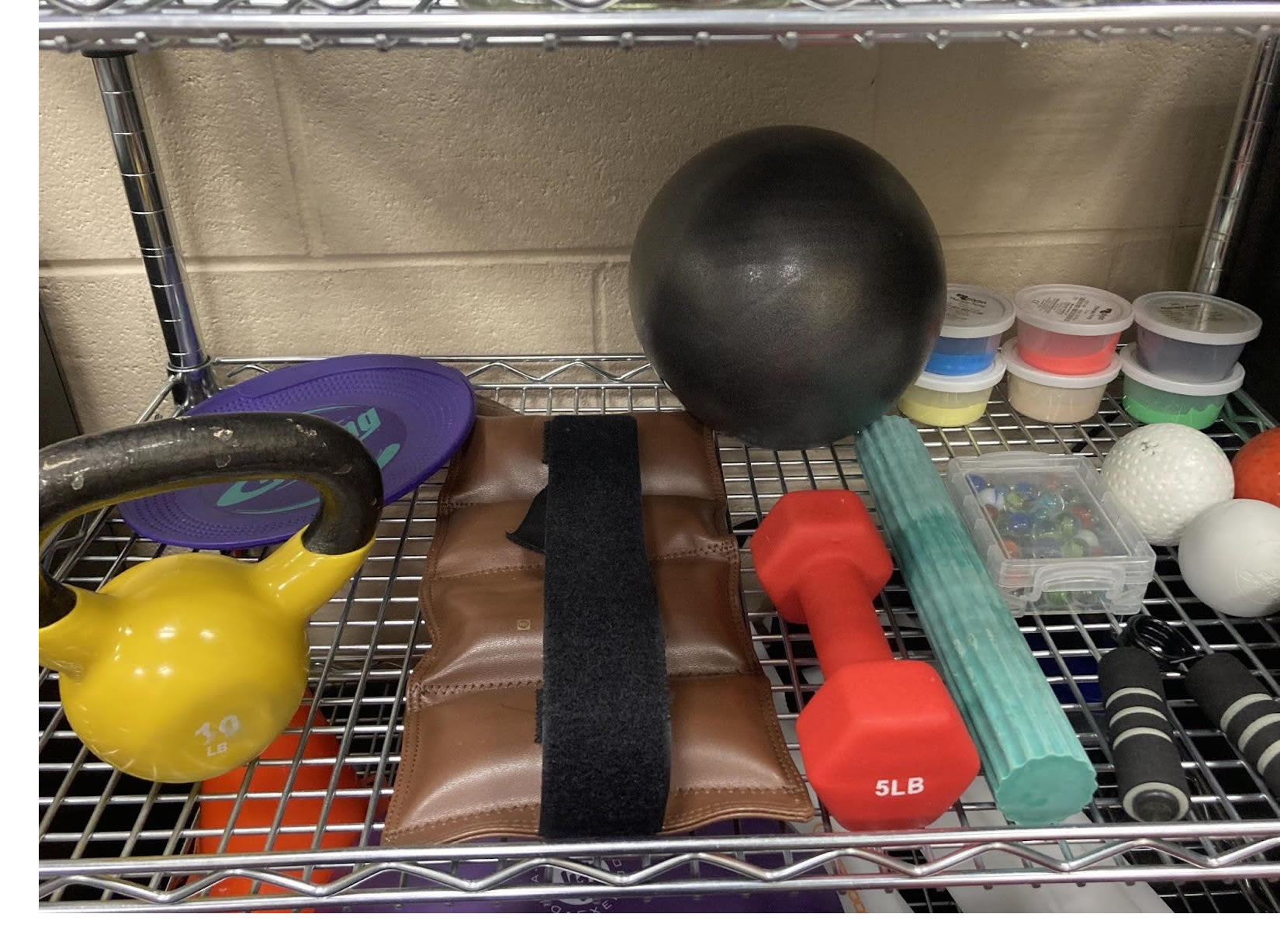 ransitioning to athletic training at VCU RecWell, our athletic trainers work specifically with our registered sport club teams. Athletic training services offered to sport club participants include injury prevention, injury evaluations, injury treatment and rehabilitation, home exercise programs, concussion care, emergency care, and referrals to specialized services or departments. Students who are registered, and participate on one of our sport club teams may schedule an appointment with one of our athletic trainers if they sustain an injury while participating in their sport.
ransitioning to athletic training at VCU RecWell, our athletic trainers work specifically with our registered sport club teams. Athletic training services offered to sport club participants include injury prevention, injury evaluations, injury treatment and rehabilitation, home exercise programs, concussion care, emergency care, and referrals to specialized services or departments. Students who are registered, and participate on one of our sport club teams may schedule an appointment with one of our athletic trainers if they sustain an injury while participating in their sport.
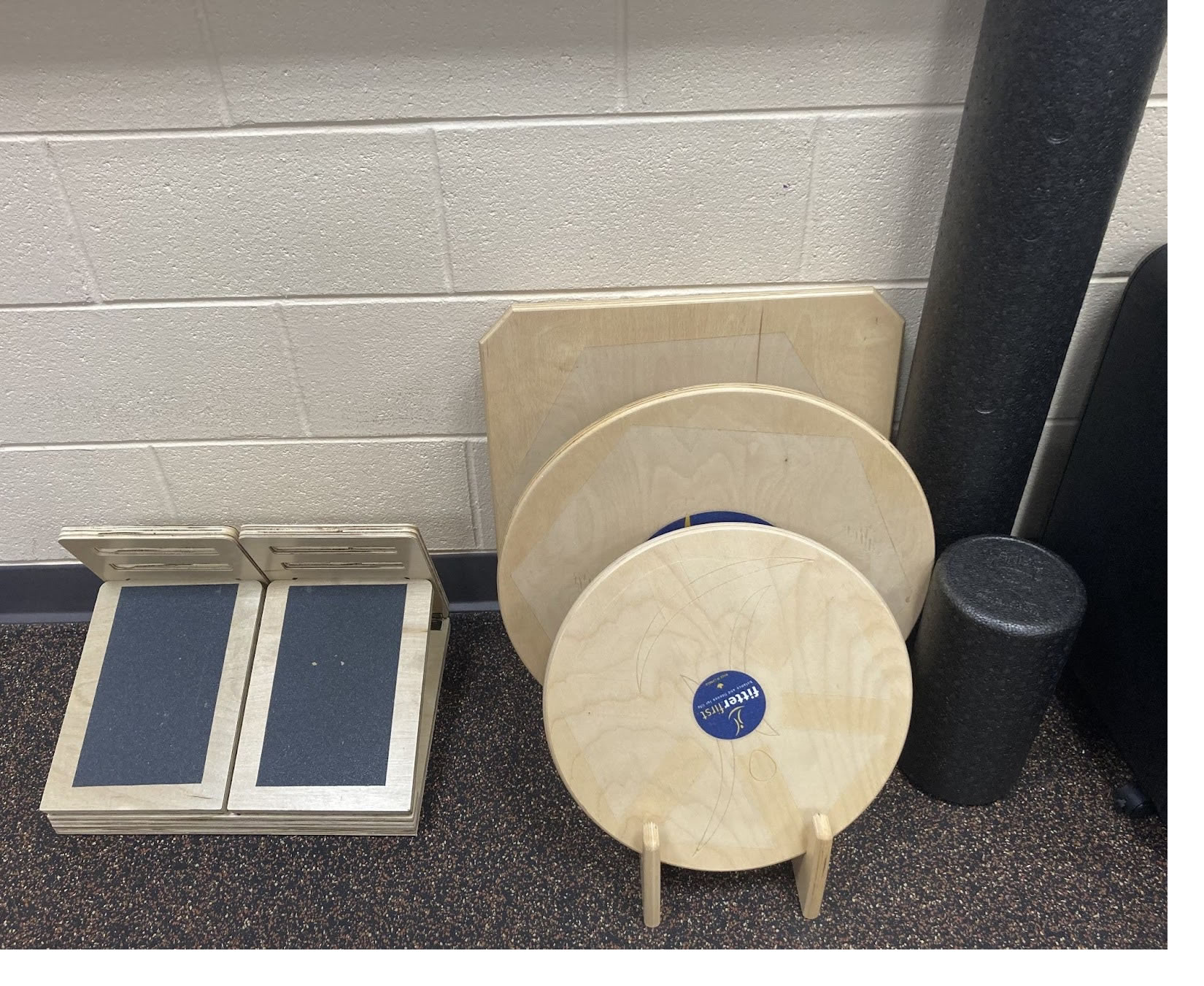 RecWell Athletic Training offers services both during the day, as well as the evening when most teams hold practice. During the day, sport club participants may schedule a time to meet with the athletic trainer to inquire about the athletic training services mentioned above. In the evening, the athletic training clinic functions as more of a walk-in clinic structure. If an injury occurs while at practice, sport club participants may pop into the evening walk-in clinic to receive an injury evaluation at that time by one of our certified athletic trainers.
RecWell Athletic Training offers services both during the day, as well as the evening when most teams hold practice. During the day, sport club participants may schedule a time to meet with the athletic trainer to inquire about the athletic training services mentioned above. In the evening, the athletic training clinic functions as more of a walk-in clinic structure. If an injury occurs while at practice, sport club participants may pop into the evening walk-in clinic to receive an injury evaluation at that time by one of our certified athletic trainers.
The RecWell athletic training clinic is located in Cary Street Gym, in room 1070 right down the hall from the front desk and first door on the left. During the day the clinic is generally open during 9-5 business hours. The evening walk-in clinic is held Monday-Thursday from 5:30pm-8:30pm.
RESOURCES
- Athletic training (2024) NATA. Available at: https://www.nata.org/about/athletic-training (Accessed: 27 January 2025).
- Beaupre J, Meske SW, Buckley M. Athletic Training and Population Health Science. J Athl Train. 2022 Feb 1;57(2):136-139. doi: 10.4085/314-19. PMID: 33626134; PMCID: PMC8876878.